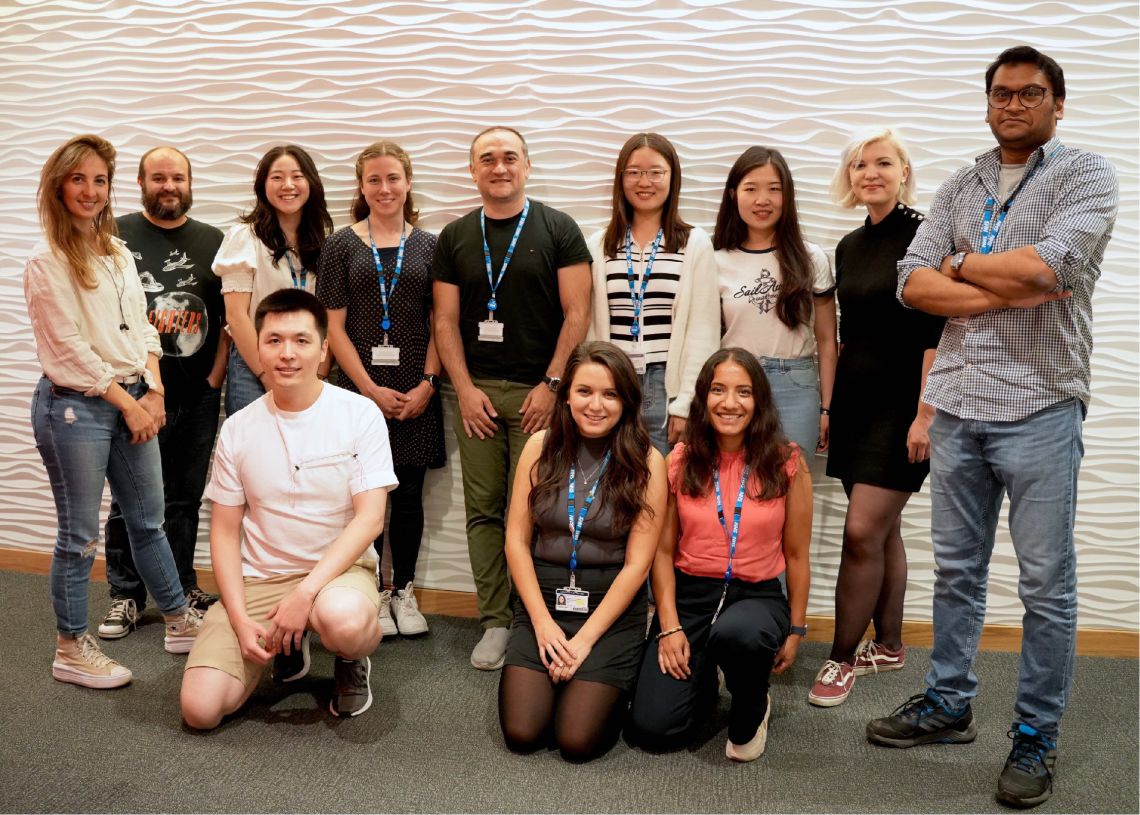Proteolysis by Dall-E in Kandinsky style

The modular architecture of Cullin-RING E3 Ligases (CRLs).
Student project:
Investigating the role of E3 Ubiquitin ligases in the cancer responses to Ionising Radiation (IR)
The Ubiquitin Proteasome System (UPS) is a crucial regulator of cell survival in normal conditions and after DNA damage. The function of UPS is dysregulated in cancer, thus providing a large repertoire of targets to exploit for better cancer treatment. While there are more than 1000 genes composing the UPS, the function and mechanisms of action of the majority of them are unknown.
ISPR screens, biochemical assays and super resolution microscopy. There will be comprehensive training on methods to investigate the ubiquitin system including novel techniques and approaches for PROTACs generation. The laboratory offers the possibility to attend international courses (EMBO and others). Attendance to at least one international conference is guaranteed.
Vincenzo D'Angiolella
Professor of Molecular Oncology
Biography
Vincenzo D’Angiolella is Professor of Molecular Oncology at the Department of Oncology. He has a Medical Degree (MD) from the University of Naples “Federico II” and completed his PhD at the same University in the field of General Pathology. Following the completion of his studies, he worked as a postdoctoral fellow at the New York University School of Medicine in the USA in the laboratory of Professor Michele Pagano.
He has been awarded fellowships from AIRC (Associazione Italiana per la Ricerca sul Cancro) and AICF (American Italian Cancer Foundation) and was a Scholar of the Leukemia & Lymphoma Society from 2008 to 2011.
Research Summary
Our group objective is to understand the role of the ubiquitin system in cancer cell survival and response to radiation treatment. Further investigation in this process will prove to be a powerful tool for the design and implementation of novel cancer treatments
GROUP MEMBERS
Vincenzo D'Angiolella's Group

COLLABORATORS


E3 Ubiquitin Ligases as Molecular Machines and Platforms for Drug Development




